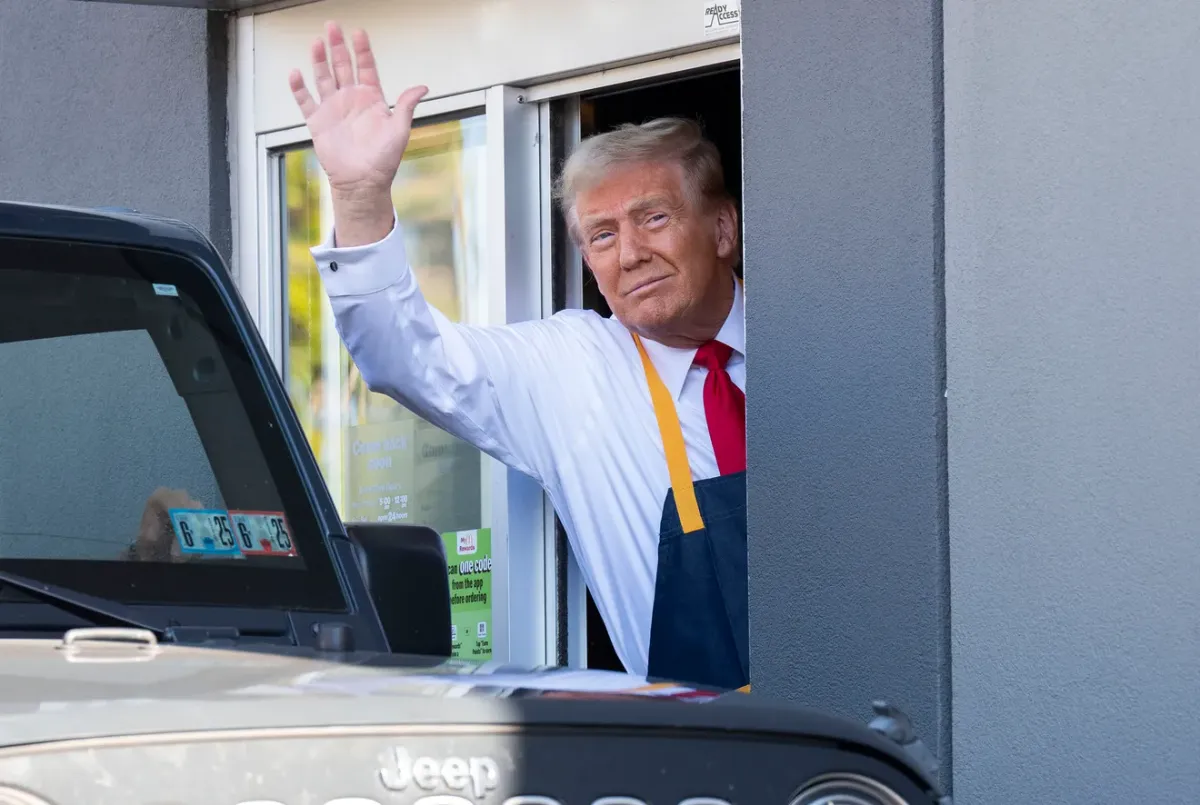

Recent Shifts in Corporate DEI Policies
McDonald’s, one of the world’s largest fast-food chains, has announced significant changes to its diversity, equity, and inclusion (DEI) practices. This move aligns with a broader trend among major corporations, which have been reevaluating their DEI policies in light of recent legal and societal developments.
The decision by McDonald’s follows a U.S. Supreme Court ruling in 2023 that outlawed affirmative action in college admissions. This ruling has had a ripple effect, influencing corporate policies across various sectors. Companies like Walmart, John Deere, Ford Motor Co., Lowe's, and Toyota have also adjusted their DEI initiatives in response to this and other factors.
Key Changes in McDonald’s DEI Policies
McDonald’s has outlined several key changes to its approach to diversity and inclusion. The company will retire its specific goals for achieving diversity at senior leadership levels and end a program that encouraged its suppliers to develop diversity training. Additionally, McDonald’s will rename its diversity team to the Global Inclusion Team, signaling a shift in focus but a continued commitment to inclusion.
In an open letter to its franchisees, employees, and suppliers, McDonald’s emphasized its core value of inclusion and highlighted the importance of a diverse workforce as a competitive advantage. Despite these changes, the company remains dedicated to fostering an inclusive environment.
Impact of the Supreme Court Ruling
The Supreme Court’s decision against affirmative action has had far-reaching implications for corporate diversity practices. Many companies have been forced to reconsider their policies to ensure compliance with the new legal landscape. This ruling, combined with increasing conservative backlash against DEI programs, has driven the trend of companies rolling back their diversity initiatives.
Activist Pressure and Public Response
The changes at McDonald’s and other companies have been influenced by activist pressure. Anti-woke activist and filmmaker Robby Starbuck has been at the forefront of a campaign exposing and challenging what he terms as 'woke' DEI policies. Starbuck has claimed credit for forcing changes at several major companies, including McDonald’s, by threatening to expose their policies if they did not comply with his demands.
Broader Industry Trends
The trend of scaling back DEI practices is not isolated to McDonald’s. Several major corporations have made similar moves, indicating a significant shift in how companies approach diversity and inclusion. This trend suggests a reevaluation of what it means to be inclusive and how companies can achieve this goal without running afoul of changing legal standards and societal expectations.
Economic and Social Implications
The economic and social implications of these changes are complex. While some argue that rolling back DEI practices reflects a more neutral or merit-based approach, others see it as a step backward in achieving true diversity and inclusion. The impact on workforce diversity and corporate culture remains to be seen, but it is clear that these changes will shape the way companies approach hiring, training, and workplace policies in the future.
In Summary
McDonald’s decision to roll back its DEI practices is part of a larger trend among major corporations. Driven by legal changes and societal pressures, companies are rethinking their approaches to diversity and inclusion. While McDonald’s remains committed to fostering an inclusive environment, the specifics of how this will be achieved are evolving. This shift underscores the ongoing debate about the best ways to promote diversity and inclusion in the corporate world.
Dues are $12 per year. Member benefits:
✅ Ad-Free Website Viewing
✅ Advocacy for Republican Seniors
✅ 120+ Senior Discounts
✅ Member Only Newsletters